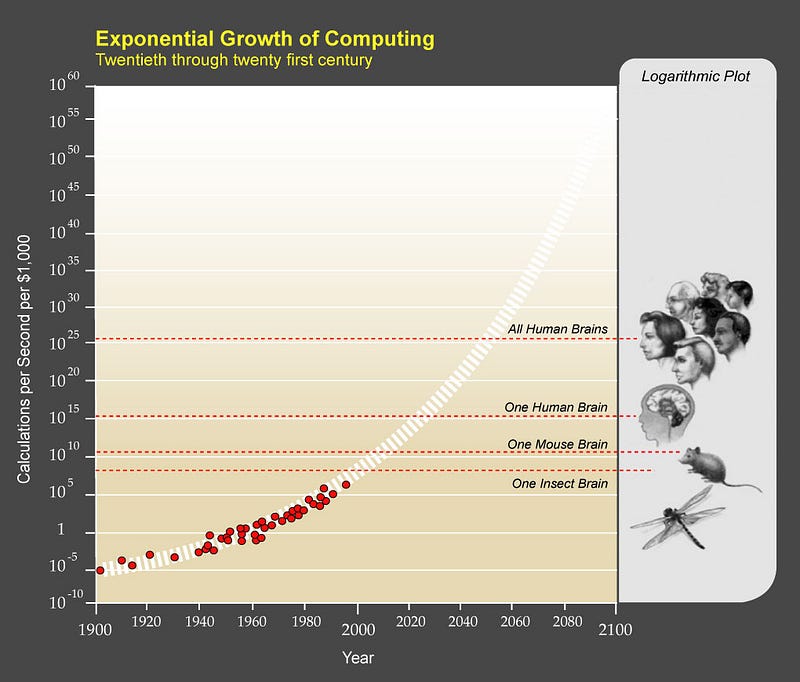Written by - Dexter Cousins is Managing Director of Tier One People, a unique search company advising small businesses on how to transform into enterprises.

What is a Gig Executive?
The Gig Economy is a term being used to reflect the rapidly evolving nature of what we used to call ‘temping’ or 'freelance' work. I have coined term Gig Executive to describe, a possible future career path for c-suite.
Platforms such as Uber are growing because they can easily access a flexible workforce. In the USA, data suggests that 1 in 3 workers are currently employed in Gig Economy jobs (although not all by choice.)
In Australia, platforms such as Airtasker, Freelancer.com, Workible (think Linkedin but for the retail and hospitality industry) and Expert 360 (management consulting) are changing the way in which the workforce engages. In a 2016 report by Upwork, the largest category for freelancers was web, mobile and software development (44 percent). Design and creative (14 percent), customer and admin support (13 percent), sales and marketing (10 percent) and writing (8 percent) make up the rest.
Based on the data, the Gig Economy way of working does not appear to apply to executive positions. Interim appointments have always existed, but these are fixed term appointments, usually to act in a caretaker role.
With the business world moving at such a rapid pace, should we expect the emergence of the Gig Executive?
Future trends that are impacting the executive workforce.
In an MIT report on the future of work, some of the predictions include:
- By 2022 more than 8% of the US workforce will be aged 65 or over.
- In 500 years, only 10% of the global population will be employed in paid work.
- In the next 5-10 years, companies will use data science and genetics to assess an executives suitability and job performance.
Estimates suggest that by 2020, the Gig Economy will account for 40% of the US workforce. What impact will this have on executive positions?
Closer to home, Australia’s joblook.gov.au predicts
“Over the five years to November 2019, the number of job openings for Chief Executives and Managing Directors is expected to be below average (between 5,001 and 10,000). Job openings count both employment growth and turnover (defined as workers leaving their occupation for other employment or leaving the workforce).”
The data collated in 2015, reports there were 58,900 people in Australia employed as an Chief Executive or Managing Director.
The graph below shows some interesting stats.
Look at the yellow and red bars, what do they tell us?
The data seems to conflict. Future growth prospects to 2019 are high, and the prediction for future job openings is low, in comparison to other occupations.
Roy Morgan research estimates that the current unemployment figure in Australia is actually 9.2%. An additional 9.9% of the workforce are underemployed.
19.1% of Australia's workforce is currently underemployed.
Could the data be pointing to a future in which executives are under-employed?
Are boards comfortable outsourcing decision making?
On a micro level, I am seeing a trend, outsourced Executive Services to small business. The concept is simple, instead of paying for a permanent, full-time, executive you can rent a CFO, CME, CEO, CTO, etc. as and when you need them.
Over the last 18 months, several executives in my network have branched out to offer such services. I have heard of one person being successful; everyone else has been back in touch this year about permanent opportunities. I did question if the difficulty in winning work was due to a lack of sales and marketing skills. In part this is true.
I decided to seek the feedback of boards and business owners on such services. They confessed to feeling uneasy giving authority to someone who isn’t part of the organisation. And potential investors tend not to look favourably on a business with a virtual executive team.
An example of the Gig Executive.
Earlier this year, I won a brief to assemble an interim executive team. The client was looking to launch a new business, and the assignment resembled a Hollywood blockbuster movie, in which we had to assemble an all-star cast to complete a top-secret mission. Each member of the executive team was hand-picked for their specialist skills and ability to execute under pressure.
The usual approach in this scenario is to hire management consultants to develop the strategy. Then as the project gains momentum, additional hires made where needed. There is often a lack of cohesion which results in the project blowing the budget.
The benefits of hiring a Gig Executive.
The 'Hollywood Blockbuster' approach I mentioned earlier seems to avoid the common challenges, especially in the strategy phase. It enabled the team to execute ideas with stealth, and there was an immediate chemistry between everybody. For a business to go from a concept to launch in six months (in a heavily regulated environment) is a rare outcome. The assembled team have now handed the running of the new business to the current executives. It is too early to tell if the new business will be a success. However, the client has benefitted from significant cost and time saved over previous methods used.
Does this isolated example hold enough evidence to herald the emergence of the Gig Executive? If the Gig Economy continues to disrupt the workforce, it is inevitable that executives will see some impact. I am confident that any changes will present new opportunities for c-suite and senior management
. The key challenge will lie in winning the assignments as it requires a focus on networking, customer service, branding, marketing, and pricing.














